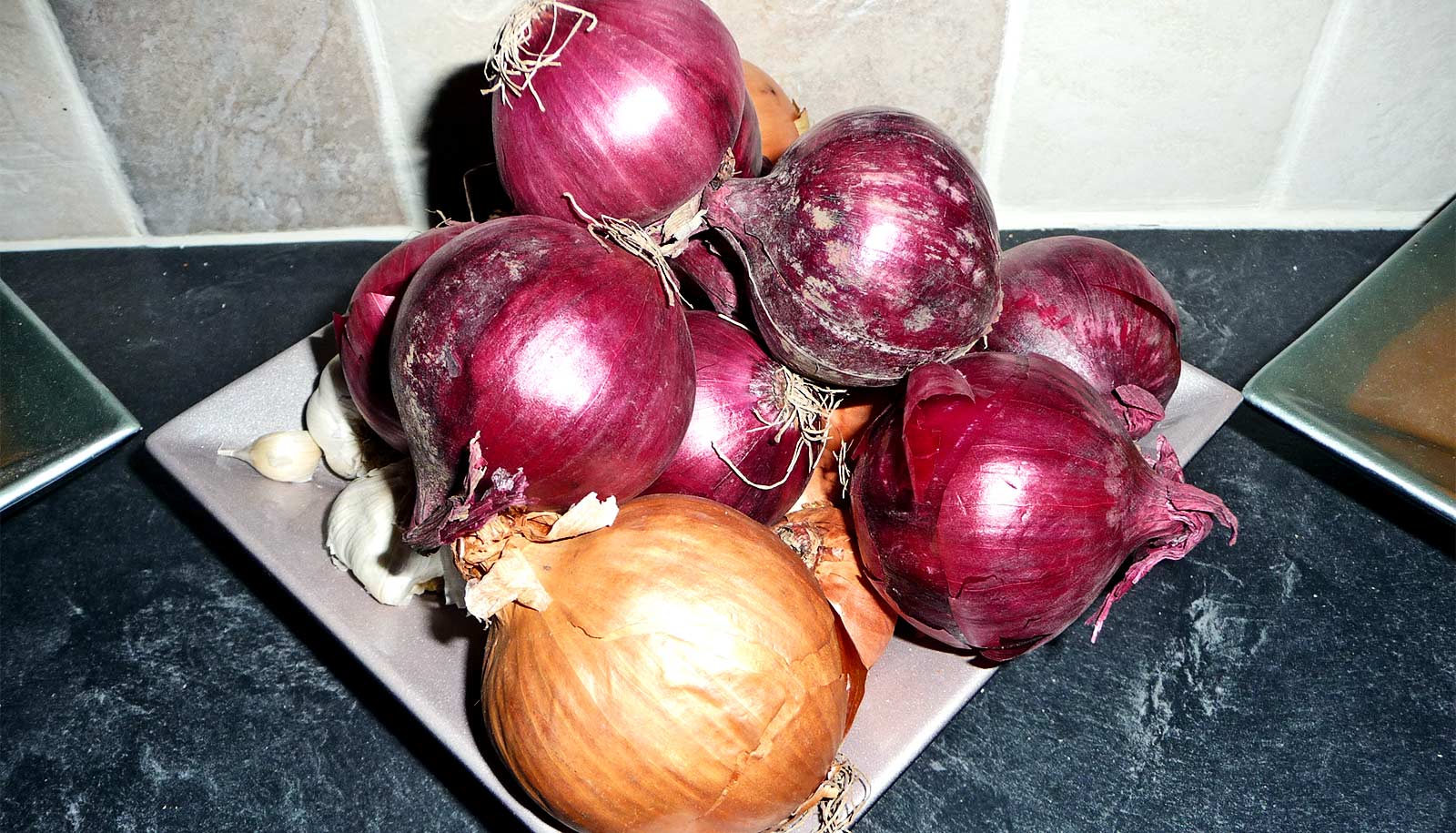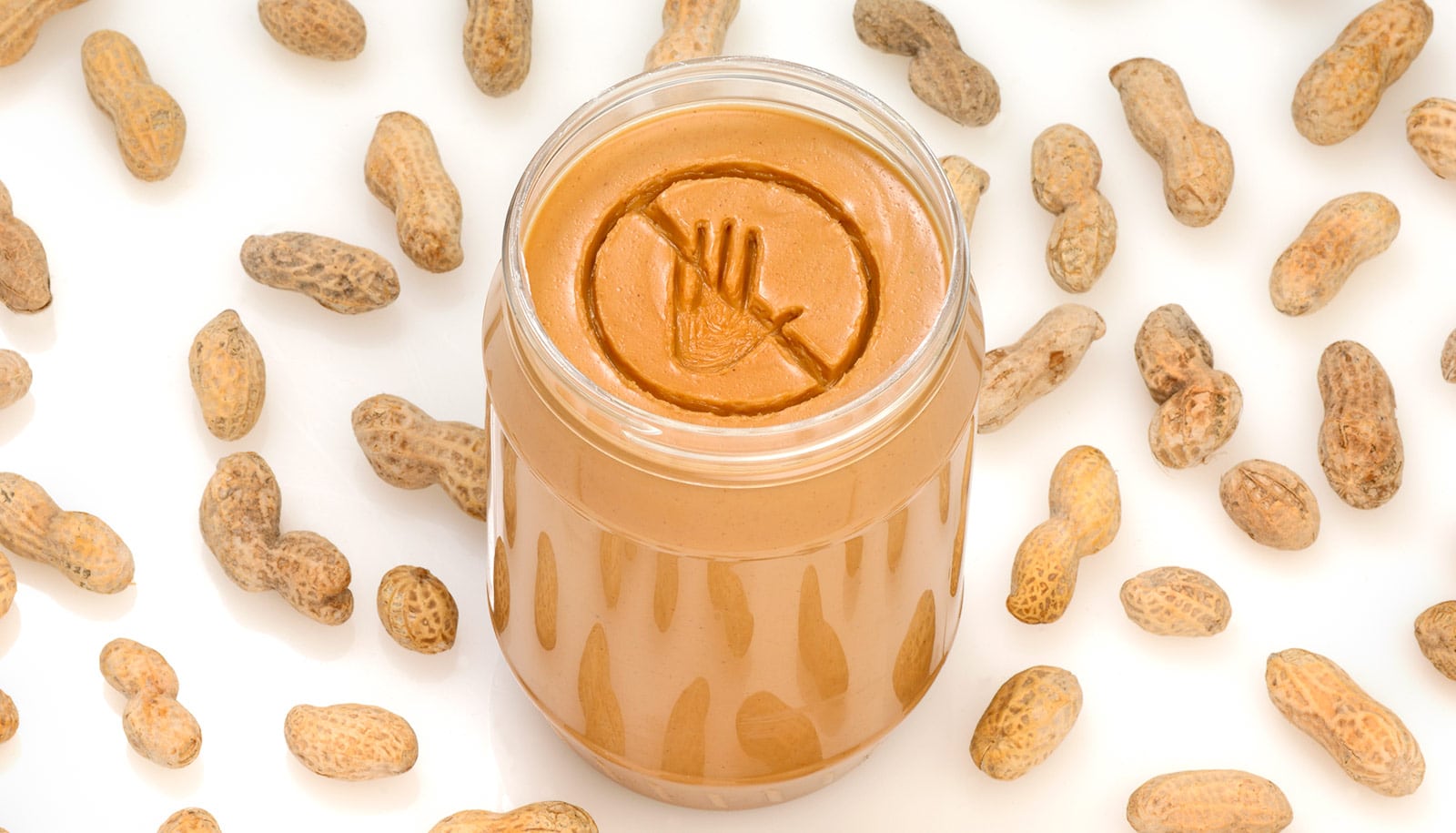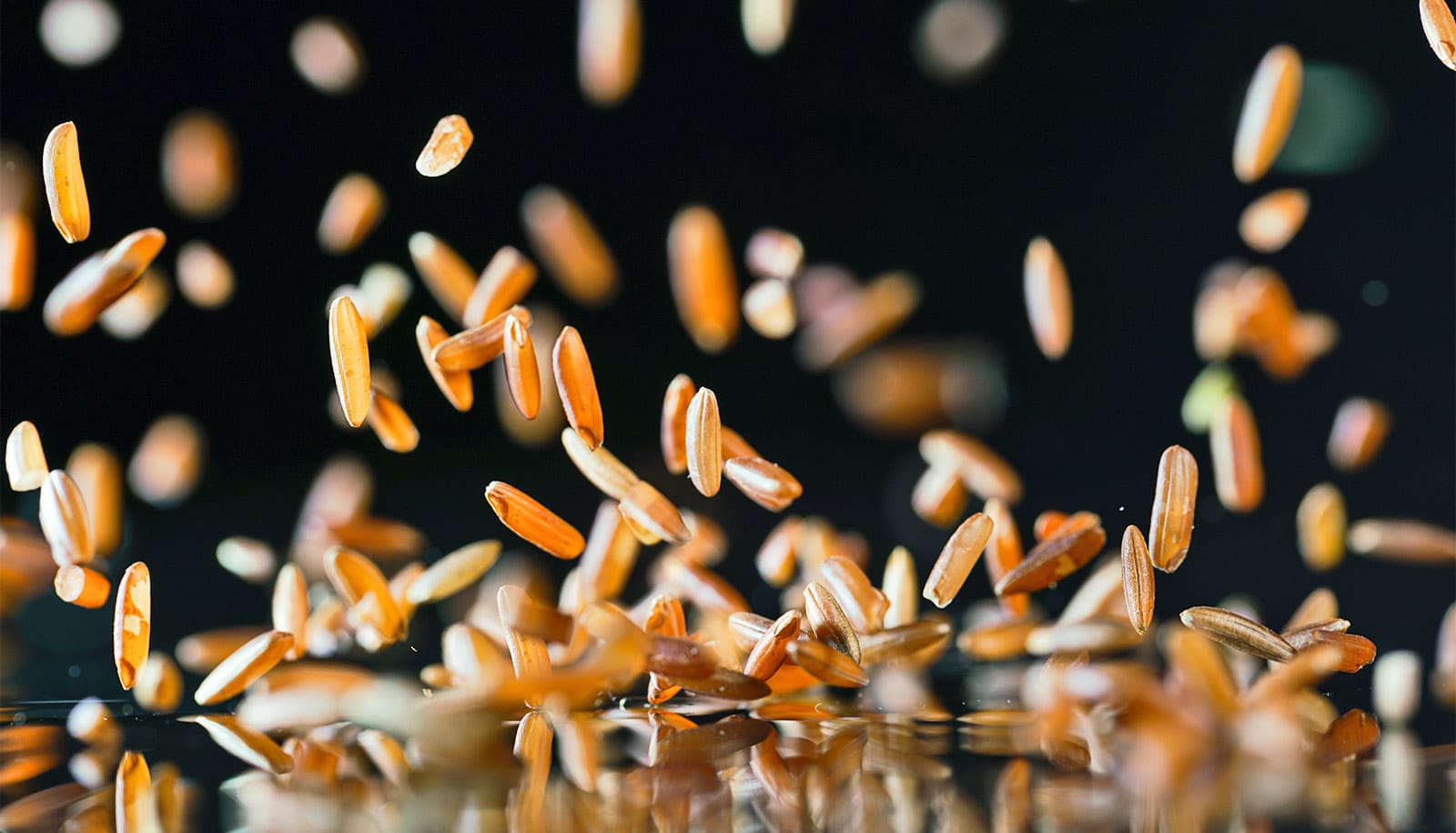There’s a link between eating onions and garlic and lower breast cancer risk among Puerto Rican women, according to a new study.
The two ingredients are key in sofrito, a staple condiment in Puerto Rican cuisine.
“We found that among Puerto Rican women, the combined intake of onion and garlic, as well as sofrito, was associated with a reduced risk of breast cancer,” says lead author Gauri Desai, an epidemiology PhD student in the School of Public Health and Health Professions at the University at Buffalo.
Sofrito on the menu
In fact, those who consumed sofrito more than once per day had a 67% decrease in risk compared to women who never ate it. The idea for the study stemmed from previous scientific evidence showing that eating garlic and onions may have a protective effect against cancer.
“Studying Puerto Rican women who consume a lot of onions and garlic as sofrito was unique,” Desai says, adding that it was total intake of onions and garlic, not sofrito alone, that was associated with breast cancer risk.
Puerto Rico was a perfect place to study, because women there consume larger amounts of onions and garlic than in Europe and the US, due largely to the popularity of sofrito, Desai notes. Puerto Ricans also often eat the combination in “guisos” (stews), as well as in bean- and rice-based dishes.
In addition, “Puerto Rico has lower breast cancer rates compared to the mainland US, which makes it an important population to study,” Desai says.
Why onions and garlic?
So, why the focus on these two ingredients? “Onions and garlic are rich in flavonols and organosulfar compounds,” Desai says.
In particular, garlic contains compounds such as S-allylcysteine, diallyl sulfide and diallyl disulfide, while onions contain alk(en)yl cysteine sulphoxides. “These compounds show anticarcinogenic properties in humans, as well as in experimental animal studies,” says senior author Lina Mu, an associate professor of epidemiology and environmental health at the University at Buffalo.
Study participants were enrolled in the Atabey Study of Breast Cancer, a case-control study named after the Puerto Rican goddess of fertility. The researchers conducted the study between 2008 and 2014 with 314 women with breast cancer and 346 control subjects.
The results appear in the journal Nutrition and Cancer. Additional coauthors are from the University at Buffalo; the University of Puerto Rico; and the University of California, Los Angeles.
Source: University at Buffalo



